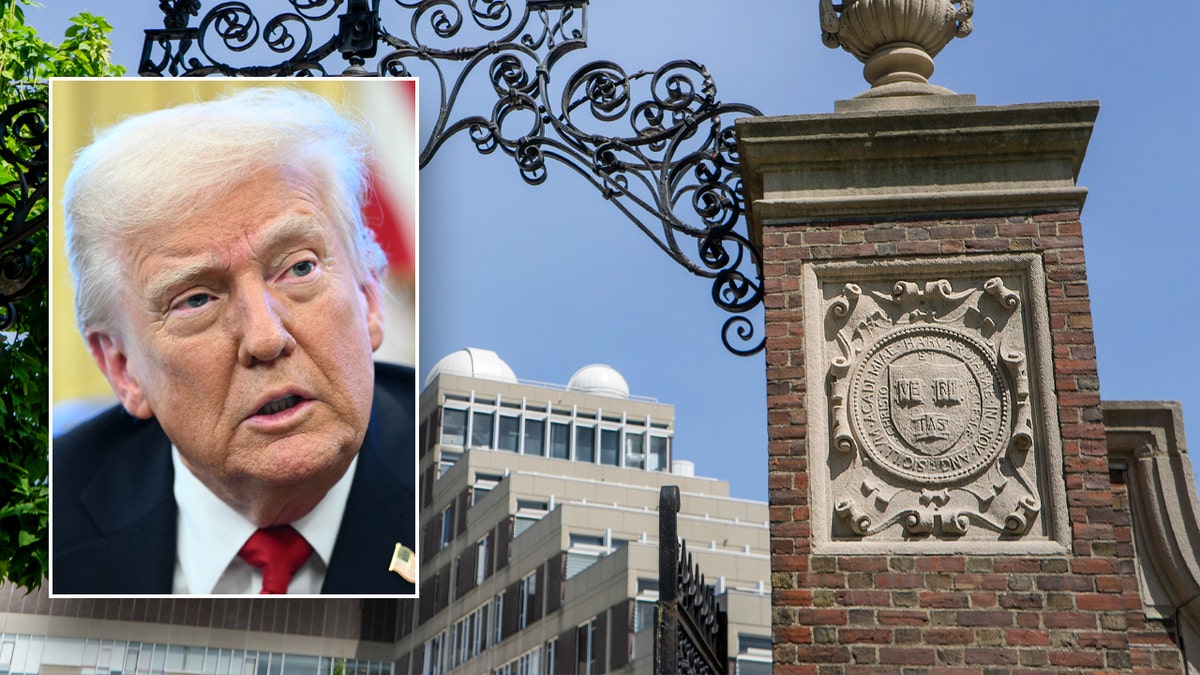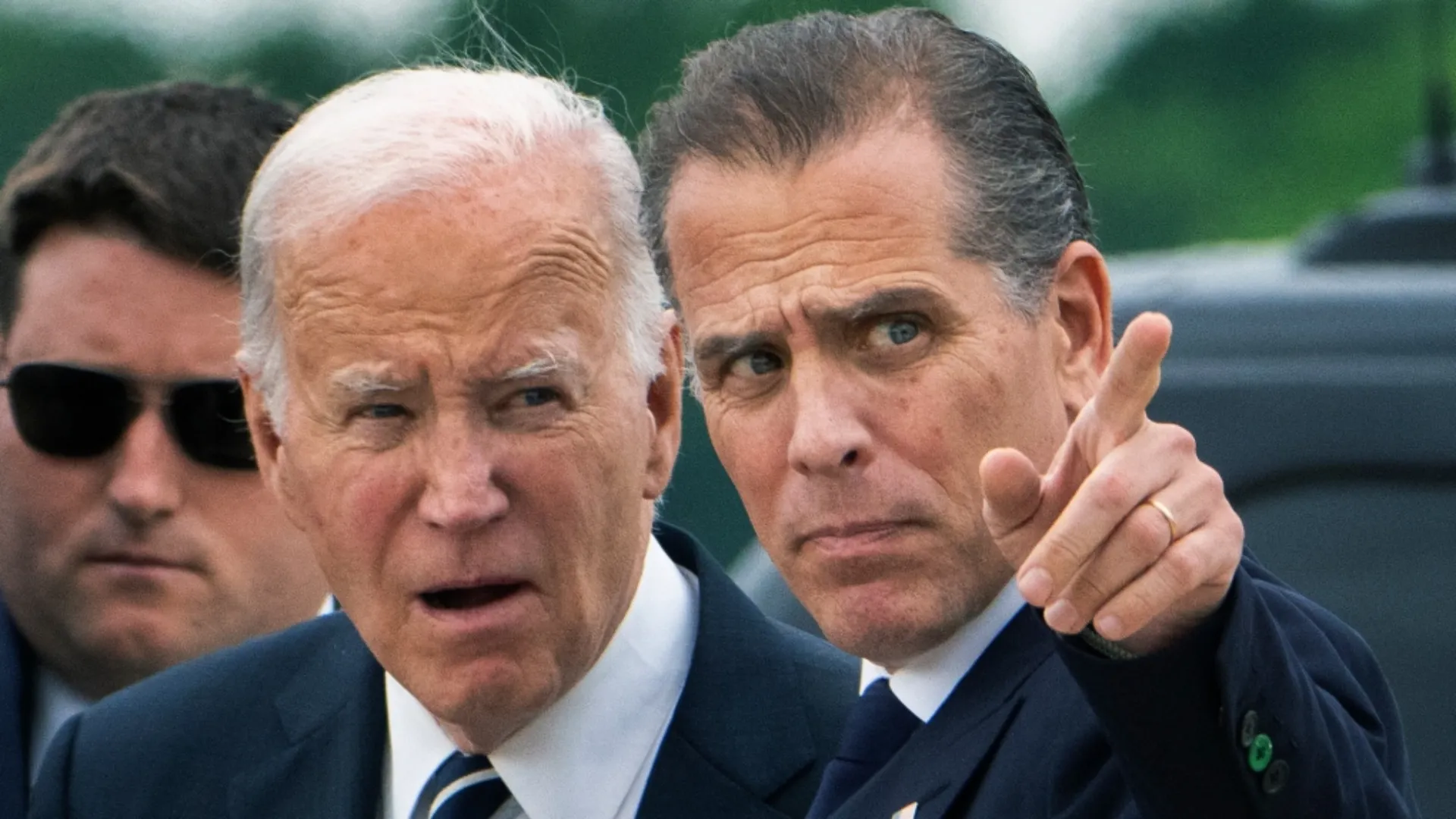
Tensions between the Trump administration and elite academic institutions escalated dramatically this week after the federal government announced it would freeze more than $2.2 billion in multi-year grants and $60 million in contracts to Harvard University.
The decision comes in response to Harvard’s refusal to comply with sweeping demands from the administration, which critics say threaten the autonomy of higher education.
At the heart of the conflict is a deepening dispute over how universities handle issues of antisemitism, diversity, equity, inclusion (DEI), and free expression.
While the Trump administration argues that institutions like Harvard have failed to protect Jewish students and allowed hostile campus environments to flourish, Harvard contends that the government is using its financial leverage to impose unconstitutional controls over academic freedom and institutional governance.
The Joint Task Force to Combat Anti-Semitism, a new entity formed within the Trump administration, issued a sharp rebuke Monday evening after Harvard publicly rejected the government’s demands.
“Harvard’s statement today reinforces the troubling entitlement mindset that is endemic in our nation’s most prestigious universities and colleges — that federal investment does not come with the responsibility to uphold civil rights laws,” the task force said.
Just hours earlier, Harvard’s President Alan Garber had released a statement explaining why the university would not comply with the administration’s conditions, which include modifying protest policies, changing DEI programming, banning the use of face masks during demonstrations, reforming admissions and hiring practices, and initiating department-level investigations into alleged antisemitism.
“No government — regardless of which party is in power — should dictate what private universities can teach, whom they can admit and hire, and which areas of study and inquiry they can pursue,” Garber said.

Garber acknowledged the urgency of combating antisemitism on campus and affirmed that Harvard has already begun internal initiatives to address those concerns. But he warned that the demands made by the Trump administration represent a dangerous intrusion into institutional independence.
“Combating antisemitism will not be achieved by assertions of power, unmoored from the law, to control teaching and learning at Harvard and to dictate how we operate,” Garber continued.
“The work of addressing our shortcomings, fulfilling our commitments, and embodying our values is ours to define and undertake as a community.”
According to Garber, the university is committed to ongoing reforms that are based on inclusive dialogue and community engagement. He emphasized that any top-down mandates from the federal government — especially ones tied to funding — threaten not only academic freedom but also the core democratic values on which American higher education was built.
The administration’s crackdown on Harvard follows a broader pattern that has emerged since Trump’s return to office. The White House has made elite academic institutions a central focus of its campaign to “restore order” on campuses that it sees as hotbeds of radicalism, political correctness, and anti-American sentiment.
Following the October 7 terrorist attack on Israel by Hamas — a group designated as a terrorist organization by the United States — the administration began intensifying its scrutiny of how colleges and universities were responding to rising tensions on campus.
The administration accused institutions like Harvard, Yale, and Columbia of not doing enough to protect Jewish students from harassment and discrimination, particularly during pro-Palestinian protests.
Last Friday, the Joint Task Force issued a list of reforms it expected Harvard to implement in exchange for continued federal funding. These included a review of DEI programs, changes to admissions and hiring practices to eliminate perceived bias, a ban on the use of face masks during protests, the removal of administrators seen as uncooperative, and thorough internal investigations into departments accused of harboring antisemitic sentiment.
“The disruption of learning that has plagued campuses in recent years is unacceptable,” the task force wrote in a statement. “The harassment of Jewish students is intolerable. It is time for elite universities to take the problem seriously and commit to meaningful change if they wish to continue receiving taxpayer support.”
Harvard, in its response, stood firm. While reiterating its commitment to fighting antisemitism, the university rejected the idea that its funding should be contingent on complying with political demands.
“For the government to retreat from these partnerships now risks not only the health and well-being of millions of individuals, but also the economic security and vitality of our nation,” said Garber.
The financial implications of the funding freeze are immense. Harvard receives more than $2 billion in federal grants, much of which supports medical and scientific research.
The additional $60 million in contracts are tied to defense-related projects, technology development, and public health initiatives. If the freeze continues, these programs could face devastating delays or complete shutdowns.
A Harvard spokesperson told reporters the university is reviewing its legal options and may challenge the decision in court.
The decision to freeze funding to Harvard marks an unprecedented escalation in the conflict between the federal government and private higher education institutions.
Never before has such a large amount of federal support been pulled from a university in response to a disagreement over civil rights compliance or campus policy.
While the administration insists that its actions are rooted in the protection of civil liberties, legal scholars warn that the demands placed on Harvard may themselves be unlawful.
“This is a clear-cut case of government overreach,” said constitutional law professor Regina Callahan. “While the government can attach conditions to federal funding, it cannot use those funds as a bludgeon to compel speech or interfere with academic governance. That’s exactly what seems to be happening here.”

Critics of the administration argue that the real goal is to punish universities that have become political targets for the right. They point to Trump’s frequent criticism of Ivy League institutions, which he has accused of harboring “anti-American ideologies” and turning students into “radical activists.”
Supporters of the administration, on the other hand, say the funding freeze is long overdue and accuse Harvard of ignoring widespread harassment of Jewish students. They argue that elite universities have failed to maintain order on campus and allowed ideological bias to flourish under the guise of academic freedom.
“This is about accountability,” said a senior White House aide. “For too long, these schools have operated without consequence while taking billions from taxpayers. That era is over.”
The administration’s actions have sparked a broader debate about the role of the federal government in shaping the behavior of private institutions. While some argue that taxpayer money comes with strings attached, others worry that using federal funds as a mechanism for control sets a dangerous precedent.
At the heart of the dispute is a deeper question about the balance between free expression, institutional autonomy, and civil rights enforcement. While no one disputes the need to combat antisemitism, critics say the administration’s approach is heavy-handed and political.
“If the government wants to address antisemitism, it should work with universities, not impose mandates,” said civil rights attorney Mark Elias. “What we’re seeing is not a good-faith effort to protect students. It’s a political campaign.”
The stakes are high. If the administration continues down this path, other universities could soon face similar demands and threats to their funding. Already, officials have signaled that Yale and the University of Pennsylvania are under review.
Faculty members across the country are bracing for what they fear could become a sweeping ideological purge disguised as civil rights enforcement.
Meanwhile, the immediate future for Harvard remains uncertain. The university is expected to appeal the decision and may take legal action to challenge the funding freeze. But even if Harvard prevails, the episode has already sent a chilling message to universities nationwide.

In the eyes of President Trump and his administration, higher education is no longer just a place of learning—it is a battleground in the culture wars. And for schools like Harvard, the cost of standing their ground may be measured not just in dollars, but in the integrity of the values they claim to defend.
As the battle over academic freedom and civil rights continues to escalate, one thing is clear: the clash between Harvard and the Trump administration is about far more than research grants and campus protests. It is a proxy war over the future of higher education, the limits of government authority, and the meaning of democracy itself.




